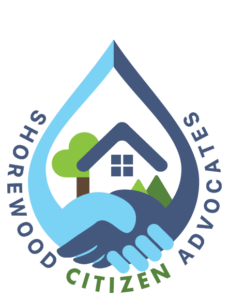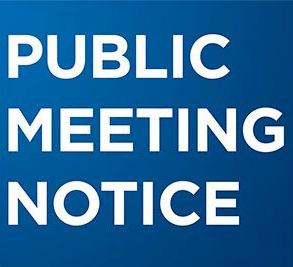Revised February 1, 2024
The Open Meeting Law (Minnesota Statutes, Chapter 13D) divides government meetings into three types: regular meetings, special meetings, and emergency meetings. See a detailed presentation here.
Every public body is required to provide members of the public with notice of its meetings,* regardless of the type of meeting. The same notice requirements that apply for any type of closed meeting, would apply for the same type of open meeting.
The law also guides meeting notification, quorums, and serial communication. Learn more here.
OML applies to state and local governmental bodies, including committees and subcommittees. In Shorewood, that is the City Council, Park and Planning Commissions.
The purpose of the law is to:
- Assure the public’s right to be informed at Council meetings;
- Prohibit actions being taken at a secret meeting where it is impossible for the public to be informed about a public board’s decisions, or to detect improper influences; and
- Afford the public an opportunity to present its viewpoints to the public body.
In Shorewood, notices are posted on the front door of City Hall.Sources: Minnesota House Research, August 2023 and Minnesota Office of Administration, Data Practices
Was this post useful?
Average rating 0 / 5. Vote count: 0
No votes so far! Be the first to rate this post.











